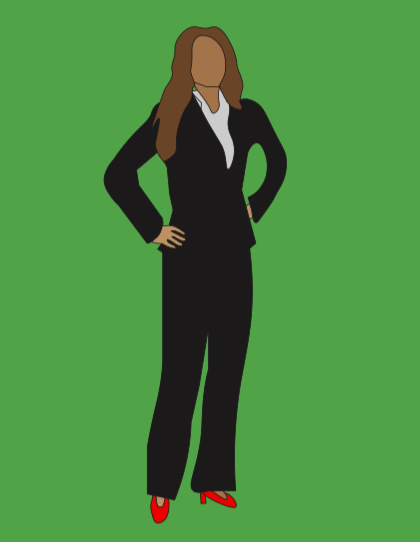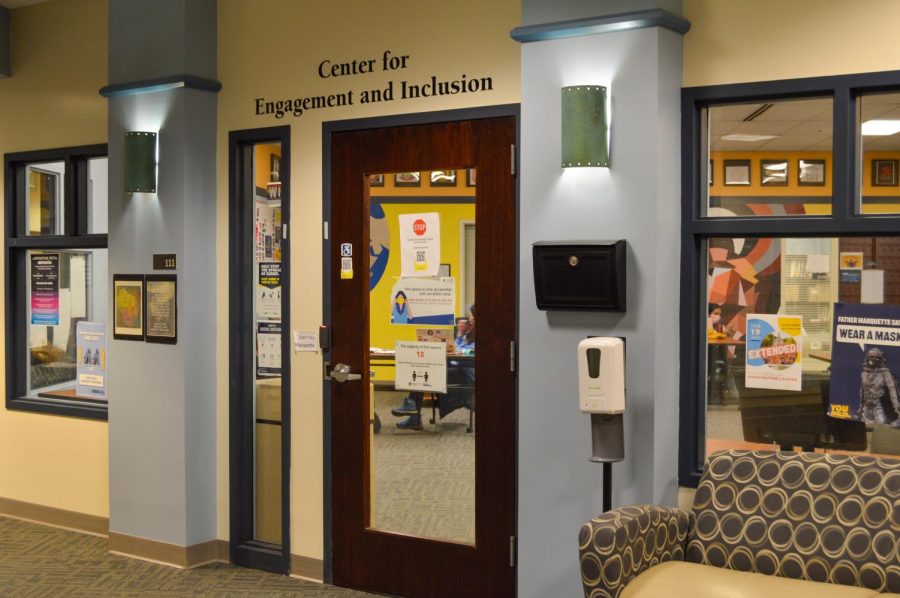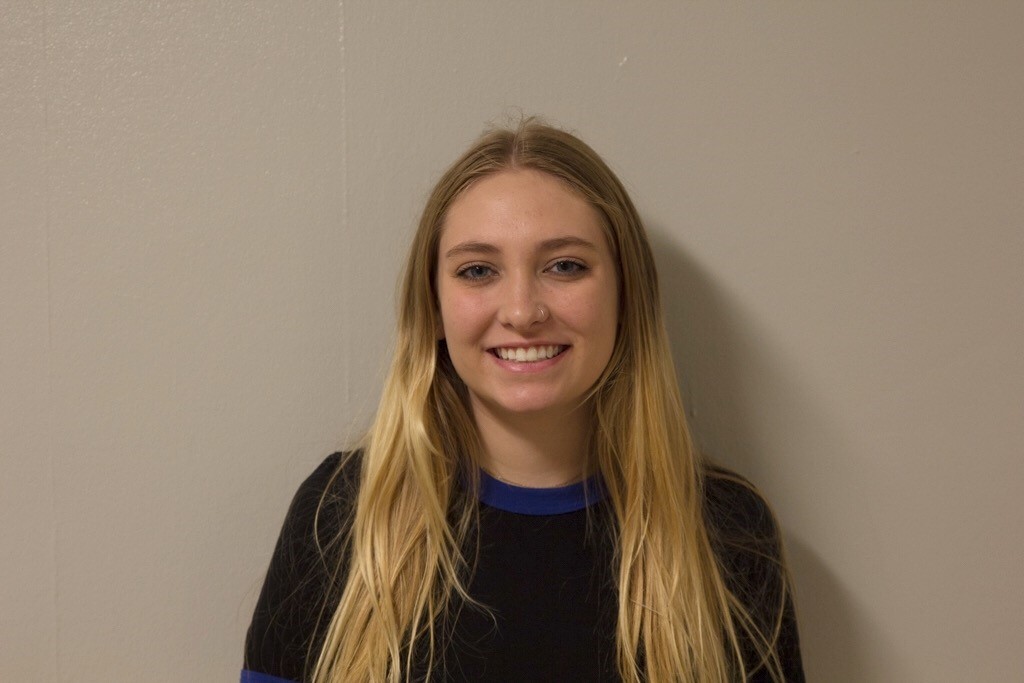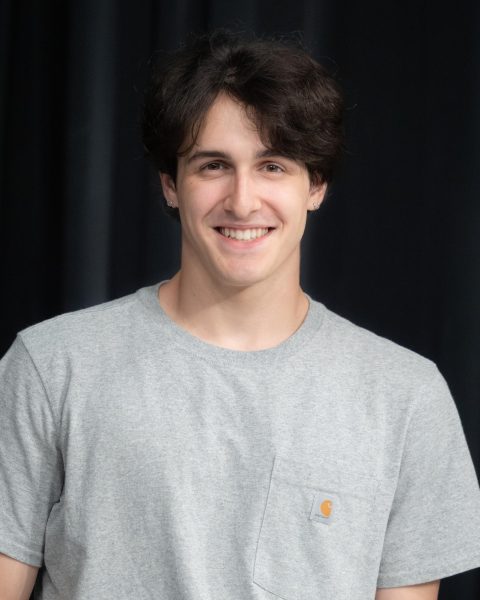Social media has allowed our beauty standards to be more diverse than ever. People of all different backgrounds and expressions are able to represent themselves online, further opening our minds to who and what should be considered attractive.
However, there remains a common, dangerous sentiment that persists in our standards of beauty: Being fat, or overweight, makes you unattractive. Not only is this sentiment cruel on an emotional level, but it is also a very real form of systemic discrimination leading to inequities in healthcare and the workplace.
Fatphobia is the bias against overweight individuals. Anti-fatness is often rooted in the feeling that overweight people have committed a moral failing and are not taking care of their health. As a result, being overweight carries a heavy stigma.
Fatphobia is tied to the broader bias people have against individuals whom society deems physically unattractive. This bias is dangerous, because studies have shown that it leads to worse socioeconomic outcomes for people considered unattractive.
A 2013 study published by the Society for Research in Child Development, found that physical attractiveness predicted positive social, academic, familial and mental health trajectories in young adulthood.
Furthermore, data analyzed by The Economist indicates that obese workers, defined as having a BMI over 30, earn far less than their thinner peers. For male workers with a college bachelor’s degree, they earn 5% less if they are obese. Those with a graduate degree have an even greater penalty, making 14% less than their skinnier counterparts.
Obese women have it even worse. Women with bachelor’s degree make 12% less if they are obese. Women with graduate degrees earn 19% less than their slimmer colleagues.
The fact that this inequity is greater among people with higher levels of education demonstrates something deeply wrong with the way we are treating overweight people. Workplaces are placing greater importance on someone’s physical attractiveness over the actual quality of the candidate.
Beyond this documented discrimination in the workplace, the same bias exists in healthcare. In a 2010 study by Puhl and Brownell, 53% of overweight and obese people reported receiving inappropriate comments being made by their doctor about their weight.
Additionally, physicians generally spend less time providing consultation to obese patients compared to thinner ones. They also generally build less emotional rapport with their obese patients.
This stigma being perpetuated against obese people in healthcare contributes to worse physical and emotional conditions for overweight and obese people. They may feel less inclined to seek medical care out of fear of poor treatment, which may lead to greater health complications.
Fortunately, several state and local governments have recognized the harm being caused by systemic fatphobia and have considered creating laws against this mistreatment. Last year, New York Mayor Eric Adams signed into law a ban on discrimination based on people’s weight.
The law seeks to prevent landlords from denying rentals on the basis of weight and would enforce workplace accommodations for overweight individuals. This legislation is a step in the right direction at combatting this issue, but it is not far reaching enough.
Employers, employees and health professionals need to be trained to correct internal biases, before there can be any meaningful change. Workplaces and health centers should be mandated to include conversations about fatphobia as part of their diversity, equity and inclusion training and human resource teams need to more actively pursue instances of this discrimination when they are alerted to it.
Most of all though, we need to combat fatphobia on a societal level by increasing representation for people of all different body types. Just as social media has been an important tool for representing the diversity and beauty of people across different regions and cultures, it should be an important tool for expanding our perceptions of beauty, health, and weight.
This starts with changing our attitudes and language towards overweight and obese people and recognizing the inherent beauty and value of everyone. No one deserves to be treated differently because of the shape of their body, the way they look or how much they weigh.
This story was written by Joey Schamber. He can be reached at joseph.schamber@marquette.edu.






